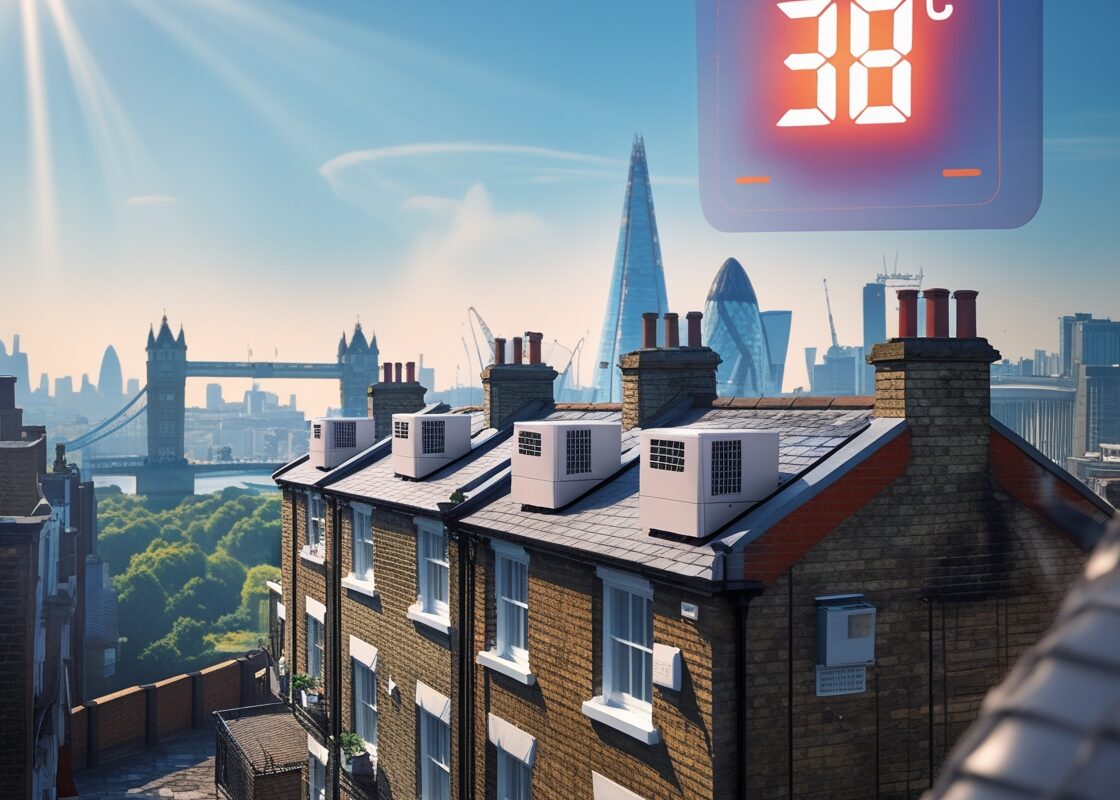
 back to blog
back to blog
When a bold business pitch on The Apprentice suggested that longer, hotter summers in the UK make air conditioning (AC) a must-have in every home and office, many viewers were left wondering: Is that really true? Are our summers stretching out, and are our hottest days getting even hotter?
At Seasonal Control, we’re used to hearing questions like this — especially from clients across London, High Wycombe, and the Home Counties considering whether it’s time to invest in air conditioning. So, let’s break it down using real data and expert insights to separate the facts from the fanfare.
Short answer: Yes – and it’s not just your imagination.
👉 What this means:
While we haven’t reached Mediterranean-style summers (yet), there’s clear evidence of longer warm seasons – and infrastructure, especially in older UK buildings, is struggling to cope.
Yes, and the trend is accelerating.
👉 So what’s the takeaway?
Heat extremes are no longer rare events. They are becoming normalised – and dangerous. This adds pressure to retrofit homes, workplaces, and public buildings to withstand heat stress.
It’s no surprise then that businesses are asking: how do we keep staff cool, productive, and safe? AC is often the first solution considered.
Here’s where the conversation gets more nuanced.
Pros of Widespread AC Adoption:
But there are also concerns:
👉 Better Approach?
We recommend strategic AC installation, particularly in:
AC isn’t the only way to keep cool.
Passive Cooling Strategies:
Urban Cooling Measures:
Heat Pumps:
Yes and no.
They were spot-on in recognising the real and growing challenge of extreme heat in the UK. But their proposal missed the broader context:
Air conditioning isn’t a silver bullet – it’s one tool in a larger climate adaptation toolkit.
At Seasonal Control, we advocate a balanced approach:
✔️ Install AC where it makes the biggest impact
✔️ Use modern, energy-efficient systems
✔️ Support clients in exploring renewable power options to offset increased cooling demand
✔️ Incorporate passive cooling wherever possible
We’re a 5-star rated, REFCOM-certified team specialising in cooling solutions for UK homes and businesses. Whether you need a split system for your office, VRF for a commercial property, or just help deciding if AC is right for your home, we can help.
📍 Based in High Wycombe, covering London and the Home Counties
📞 Call us: 020 3740 2429
🌐 Visit: seasonalcontrol.co.uk
📧 Email: info@seasonalcontrol.co.uk
📸 Follow us on Instagram: @seasonalcontrol
As UK summers get longer and hotter, air conditioning becomes more than a luxury – it’s a public health consideration. But to make the right decisions, businesses and homeowners must weigh comfort against cost, sustainability, and future resilience.
At Seasonal Control, we’re here to help you make informed choices.